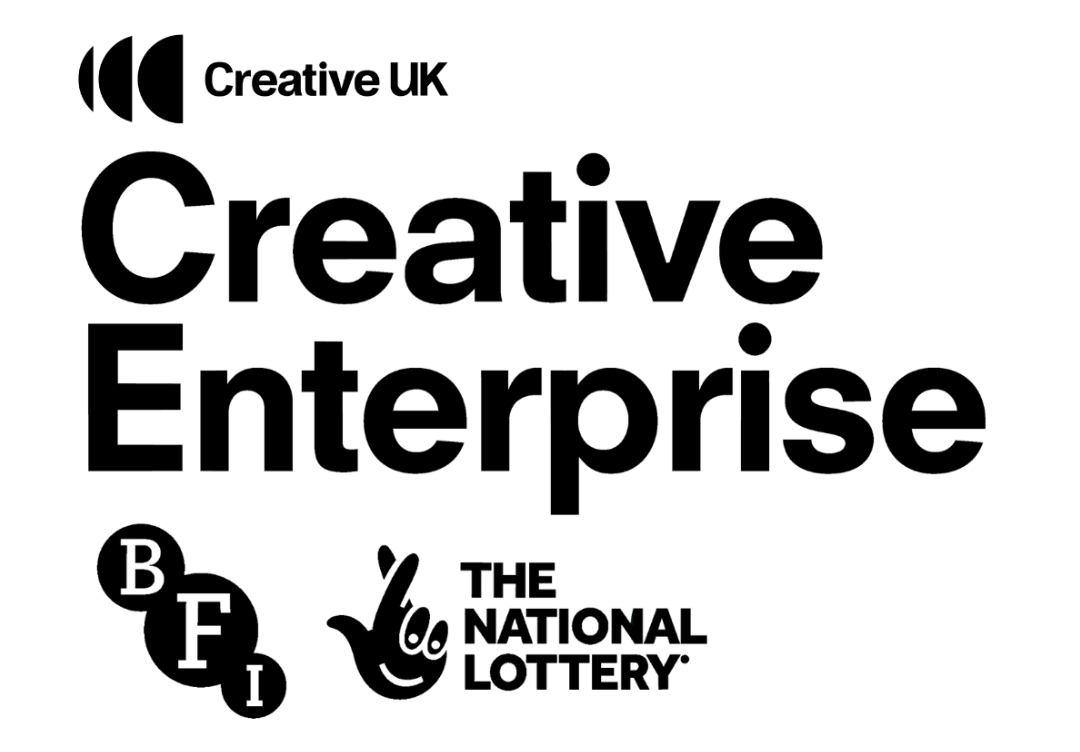“It gave us chance to ask difficult questions” Common Story’s Beth Newell on how Reframe provided a key moment of re-evaluation
Common Story found success creating content that links empowering creativity with local talent. Started in 2020 by producer/directors Beth Newell and Dom Sant, it endured pandemic turbulence to secure its first TV credit with the documentary Filthy Business. This 30-minute feature followed two local lads from their West Midlands stomping ground and found a home on BBC Three. Not long afterwards, their colourful kids show I Can Do It, You Can Too encouraged kids to get active, this time on Cbeebies.
With the Beeb ordering a second helping of their positive skill-sharing series, Newell and Sant found themselves at a key growth point in Common Story’s upward trajectory. They also quickly realised it was the perfect time to hit pause, take stock and do a little future planning. By applying to Reframe, that’s exactly what they got through its bespoke mentoring and tailored support aimed towards identifying new, future-fit ways of working.
“It felt like a really interesting time for us to stop and think about what we’re doing as a company and where we wanted to go,” explains Newell on their decision to apply. “How do we make ourselves sustainable in an industry that’s so volatile? How can we make storytelling that reaches people in new and creative ways, and how can we better understand and exploit our own intellectual property? It was perfect timing and Reframe couldn’t have been better written to suit how we were thinking.”
“We like to be challenged”
As the TV sector battles new, post-COVID struggles, Newell and Sant had a desire to look at fresh storytelling methods. How else could their work be relayed to audiences? How can their stories become more interactive? With Reframe, the duo were invited to ask themselves some big questions.
"We like to be challenged," says Newell, commenting on how the scheme linked them up with mentors from a range of backgrounds. "It gave us a chance to ask different questions to different experts. We talked to an IP expert about branding; we had someone from a tech background help us think about our new augmented AI project; and we had access to another who was all about future proofing,” she explains. “We've taken [the latter] on and are doing a much bigger deep-dive in who we want to be. It's really exciting - and we never would've met them if it wasn't for Reframe."
Mentoring aside, Reframe also invites industry leaders to share insights on key business topics, from pivoting into new formats, to streamlining workflows. “It’s hugely inspiring and eye-opening. You’re able to really challenge yourself and think about all those things you might have touched on a little bit but never had the chance to really interrogate,” says Newell. Being around a group of creatives on similar journeys also helps: “They appreciate what’s involved, how lonely it can be and the challenges you face,” she adds. “It’s a supportive space.”
Above all else, Newell believes her time on Reframe provided some much-needed space to think. It’s something that can often be overlooked amid the constant production schedules and looming deadlines that come with running a business. “It’s really difficult to carve out time to work on what you’re doing, what your business is and where you want to go,” reasons Newell. “To have the chance to sit, listen and talk about it is so valuable. It sparks ideas.”
“We have a much clearer idea of our work, mission and what our values are”
With this added focus comes clarity. It’s helped the duo grow their existing products into something much bigger. “I Can Do It, You Can Too gives ownership and power to young people and helps them be whatever they want to be. That resonates really strongly with who we want to be as a company,” suggests Newell. “Suddenly, we realised we have this potential for a brand that feels really lovely - and we hadn’t even thought about it before.”
It also allowed them to prepare for the company’s next steps: “We’re really thinking about CreaTech and the energy we need to put into that,” she continues, highlighting how Common Story now has a more considered approach to new mediums. “There’s definitely a through line between Reframe and us really nailing down the kind of content we want to be making across different platforms.”
Having put in the time, Newell is confident that Common Story has pivoted towards a new, more informed future. “Where we are now and how we think and talk about the company wouldn’t be the same if we hadn’t done Reframe,” she assures. “We have a much clearer idea of our work, mission and what our values are - and we can articulate those. That gives a real confidence.”




